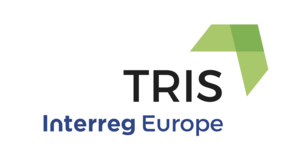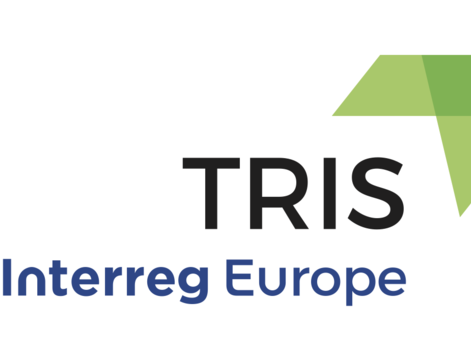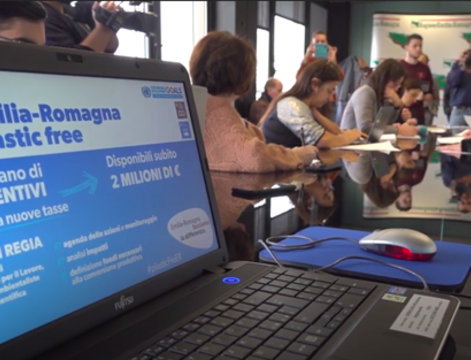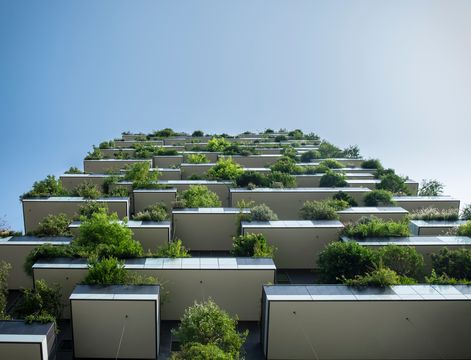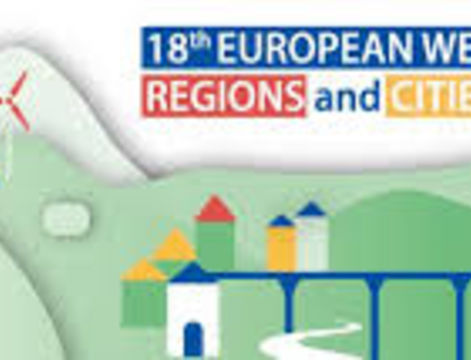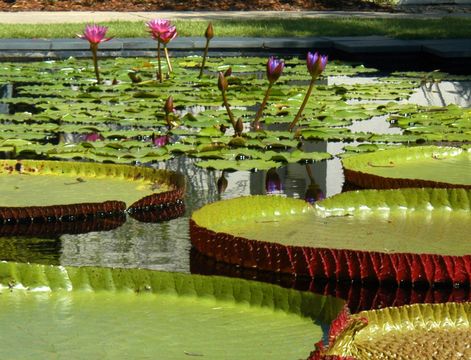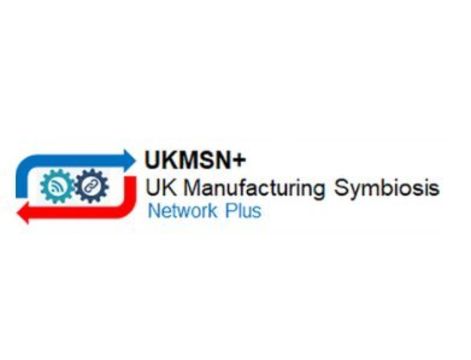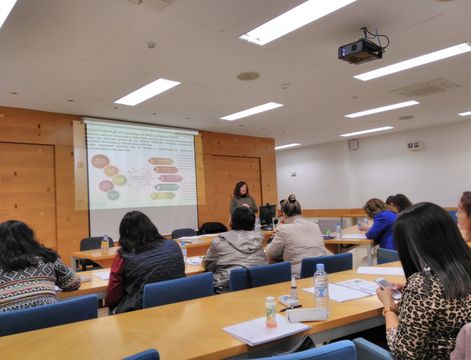Sustainable, green and innovation public procurements are one of the most important mechanisms for reaching mitigation and adaptation objectives of the cities having an impact on ecoinnovation and circular economy. Furthermore, cities are big buyers in terms of procuring utility services, therefore they could have significant impact on both market and municipal side.
Thanks to the knowledge gained from the previous activity on green public procurement gained through the interregional and also national learning within TRIS IFKA cooperated in a project of “Resolving Barriers of Climate Impact Evaluation in Green Public Procurement Practice” together with the municipality and the Hungarian Official Public Procurement Advisors’ Association.
During the past half year, IFKA synthetized the existed experiences and results in terms of sustainable public procurement (SPP)/green public procurement (GPP)/green public procurement for innovation (GPPI) initiatives that addressed environmental issues or applied any type of procurement tools for reaching sustainable targets, circular economy and industrial symbiosis business models. The analysis included:
1. EU good practices collection;
2. the results of EU project on public procurement policy;
3. the identification of enabling and hindering factors (procurer, bidder and policy making side).
For the determination of the situation in Hungary 3 round-table discussions were organized: one for the procurers, one for the bidders and the last one for the both side. The participants were very proactive, they openly shared their experiences and opinions in connection with the process of green public procurement.
The methodology of the workshops was similar: after a welcome speech the organizers introduced the aims and the activities, thereafter the participants listened to a thought-provoking presentation from an invited speaker, such as:
- what changes happened in public procurement over the last 10 years;
- how a university can be green (good practice);
- green procurement of a special target machine (good practice);
- advantages of ecolabels.
A round-table discussion was the next section where participants introduced themselves and shared their personal experiences along some relevant questions:
- What makes a public procurement green? Is “green = more expensive” true? Are the technological barriers real?
- Are the markets and procurer side ready for GPP?
- What kind of platform, forums and meetings are needed where the stakeholders can communicate and share their needs?
- Where do procurers get more information about the market? What kind of websites or channels are they use?
- What are the main barriers to procure more environmental friendly products, technologies or services?
Results are confirmed that regular meetings, forums, trainings are needed with participation of all actors in terms of awareness raising, peer learning and capacity building. Determination of legal and policy framework and green public procurement’s definition are necessary and urgent.
In order to help the process a roadmap will be compiled by the end of December and sent to the main stakeholders to foster progress in this respect.
